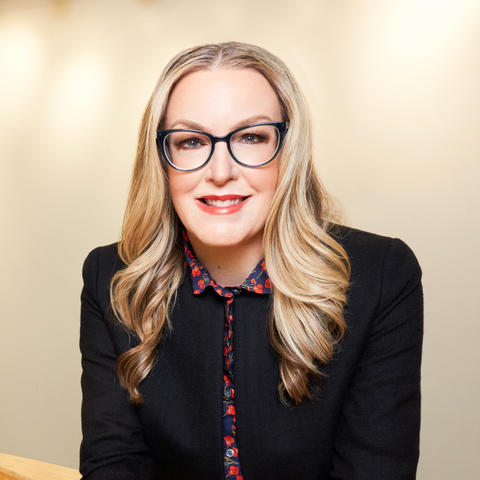Section Branding
Header Content
Remembering Live Aid, the concert watched around the world
Primary Content
Imagine one-third of the global population tuning into a TV broadcast at the same time.
That’s what happened on July 13, 1985, when 1.9 billion people watched musicians perform in London and Philadelphia to raise money for famine-stricken Ethiopians.
Paul McCartney, Mick Jagger, Elton John, David Bowie, Queen, Tina Turner, Madonna, Sade, George Michael, Duran Duran, Spandau Ballet, Howard Jones and others played to sold-out crowds at Wembley and JFK stadiums as viewers across the planet watched at home, thanks to TV producers who created one of the first live international satellite hookups.
The Georgia connection
The concert was organized by Bob Geldof, an Irish singer whose band, Boomtown Rats, had a hit with “I Don’t Like Mondays,” a 1979 song inspired by a promotional visit to WRAS 88.5 FM, the student radio station at Georgia State University in Atlanta with which Georgia Public Broadcasting shares the airwaves today.
The song that started it all
In 1984, Geldof was moved by another chance encounter — a BBC-TV report about children dying of starvation in Ethiopia — and joined with Ultravox singer Midge Ure to write the charity single “Do They Know It’s Christmas.”
That song, featuring a supergroup of British pop stars, is sometimes derided for its “white savior” lyrics, including the line, “Tonight thank God it’s them instead of you.” But at the time, the gesture influenced producer Quincy Jones, Michael Jackson and Lionel Richie to respond by writing the Billboard No. 1 “We Are the World” in early 1985.
Several artists from both recordings performed at the Live Aid concert that July.
Although Live Aid (and the single that preceded it) raised an estimated $150 million for the Band Aid Trust initially, organizers faced skepticism that funds would reach the people who needed the relief. But the concert model was reprised in 2005 as Live 8, an activist event which focused on asking G8 leaders to boost their governmental pledges to alleviate extreme poverty rather than having fans foot the bill.
37 years later, the music still resonates
Phil Collins taking the Concorde between stadiums in order to play "Against All Odds" and drums with members of Led Zeppelin; Teddy Pendergrass joining Ashford and Simpson on "Reach Out and Touch (Somebody's Hand)"; Madonna singing "Holiday" while dancing in a brocade jacket; U2 becoming worldwide stars after playing "Bad" for nearly 12 minutes — all were memorable.
The 2018 film Bohemian Rhapsody recreated Queen's unforgettable Live Aid performance of “Radio Ga Ga,” in which singer Freddie Mercury initiated what was likely the first and only synchronized rhythmic handclap involving a worldwide audience.
Geldof shared his memories of the concert on NPR’s World Cafe in 2020.
In 2021, he and promoter Harvey Goldsmith celebrated a billion views for Live Aid’s YouTube channel, which houses videos of the performances. The Live Aid playlist on Spotify features a chronology of 96 songs played on the day of the concert, and includes Patti LaBelle, Run-DMC, Judas Priest and others not featured on the original TV broadcasts.
In 2022, where music streaming platforms driven by algorithms shape listener’s tastes and create siloed listening habits, it is unlikely the world might come together around such a concert at the same time again.
But Live Aid stands today as the moment when music showed us the power of unity.


